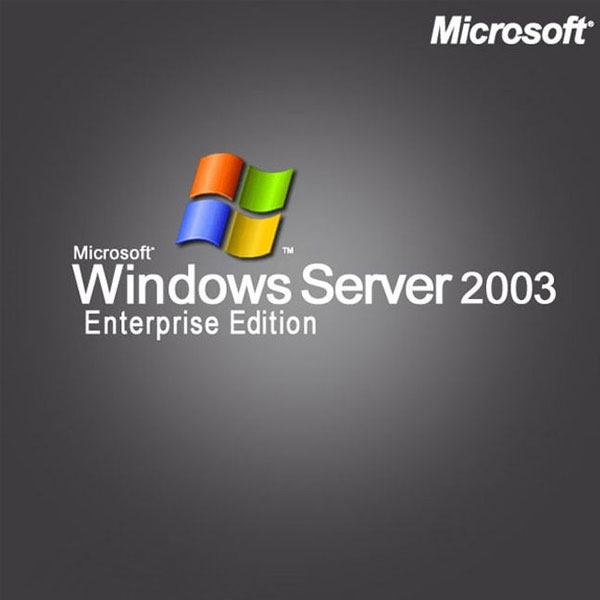
End of the great Windows 2003 Server Support from Microsoft
It has been more than a decade we have installed Windows 2003 servers. We have been helping customers to migrate their applications and systems either to Win 2008 R2/Win 2012 R2/Microsoft Azure Cloud/Hybrid clouds depending on individual project/customer requirements for the past couple of years. Don’t leave it to last minute we can help you assess the situation and advice you.
From end user perspective:
- Patching from Microsoft stops soon for Windows 2003 Server: Microsoft will stop providing patching for Windows 2003 mid 2015 (at the moment date is 14th July 2015). Can be vulnerable to attacks.
- Possible Old hardware: If you had a Windows 2003 server in a physical server, your hardware should be between 6 to 12 years old. It can be hard to get spare parts, servicing them can be more expensive.
- Missing out on the latest and greatest Operating Systems capability: The new Operating systems are more stable, scalable and easily access on the go from remote (e.g. securely work from home/anywhere as you are in the office) than Windows 2003 servers.
- More expensive to run: Older hardware are not power efficient as newer hardware.
- More expensive in the long haul: In some cases, customers had to add more intrusion detection systems, more advanced firewalls and isolate Windows 2003 server network to itself. This all can be more expensive. Staying put most likely cost more in the end if you are not pro-active.
What we can do:
- We can help you to discover, asses, target and migrate your old Windows 2003 servers/applications to an appropriate OS which will suit your current needs. We can also show you what the new Operating system is
- Help you migrate to a new hardware/cloud Operating system where you don’t host and maintain servers, etc.
- We can virtualise your old hardware/host it in the cloud and reduce energy consumption, as the new servers are getting efficient.
We can do an audit and make you aware what is your current status of network? Please contact us if you need more information.
